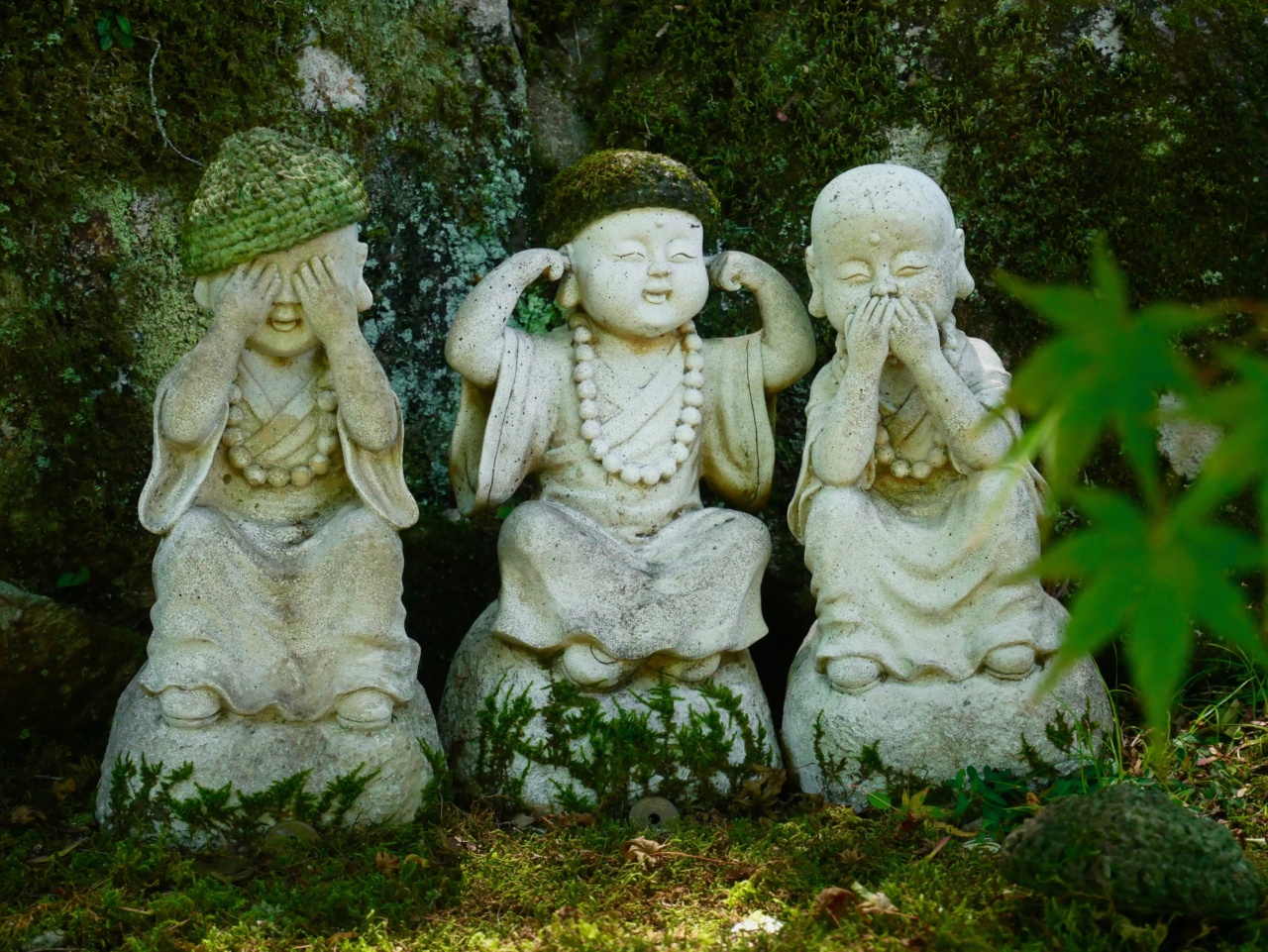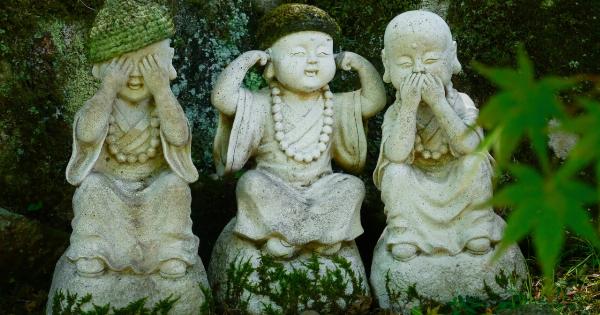Kidney stones, also known as renal calculi, are hard mineral and salt deposits that form in the kidneys. They can vary in size, ranging from a grain of sand to larger stones the size of a pebble.
Kidney stones can cause severe pain and discomfort, and if left untreated, they can lead to complications such as urinary tract infections and kidney damage. Recognizing the signs of kidney stones is crucial for early detection and treatment. In this article, we will explore the common symptoms and signs to watch out for.
1. Severe Abdominal or Back Pain
One of the most common and noticeable signs of kidney stones is severe abdominal or back pain. This pain is typically sudden and intense, often described as a sharp, cramping pain.
The pain may start in the back or side and gradually radiate to the lower abdomen and groin area. The intensity of the pain may fluctuate as the stone moves through the urinary tract.
2. Blood in Urine
Blood in the urine, also known as hematuria, is another sign of kidney stones. The presence of blood can give the urine a pink, red, or brownish color.
In some cases, blood may not be visible to the naked eye, and can only be detected through a urinalysis.
3. Frequent Urination
Kidney stones can cause frequent urination, often with a sense of urgency. This is because the presence of a stone can irritate the urinary tract and cause spasms in the muscles that control urine flow.
The need to urinate frequently may be accompanied by only small amounts of urine being passed.
4. Painful Urination
When a kidney stone is present, it can cause pain and discomfort during urination. This pain is typically felt as a burning or stinging sensation. The pain may be more pronounced at the beginning or end of urination.
5. Cloudy or Foul-Smelling Urine
Kidney stones can sometimes cause changes in the appearance and smell of urine. The urine may appear cloudy, murky, or have a strong, unpleasant odor. This is often due to the presence of minerals and waste products that make up the stone.
6. Nausea and Vomiting
In some cases, individuals with kidney stones may experience nausea and vomiting. These symptoms may be a result of the severe pain or the body’s response to the stone’s presence.
Nausea and vomiting may accompany other symptoms, such as abdominal pain.
7. Fever and Chills
If a kidney stone causes an infection, individuals may experience fever and chills. Infections can occur if the stone obstructs the flow of urine and leads to a buildup of bacteria.
If you have a kidney stone and develop a fever, it is important to seek medical attention as it may indicate an infection.
8. Painful Groin or Testicular Area
In men, kidney stones can cause pain in the groin or testicular area. This pain may be mistaken for a hernia or other reproductive health issues.
If you are experiencing pain in this area along with other symptoms mentioned, it is important to consider the possibility of kidney stones.
9. Frequent Urinary Tract Infections
Kidney stones can make individuals more susceptible to urinary tract infections (UTIs).
If you have a history of frequent UTIs or notice an increase in UTI symptoms such as painful urination, cloudy urine, or a strong odor, it may be a sign of kidney stones. UTIs caused by kidney stones may require specific treatment to eliminate the stone and prevent recurrent infections.
10. Blockage and Complications
If a kidney stone becomes lodged in the urinary tract and causes a blockage, it can lead to more severe symptoms and complications.
These can include severe pain that does not subside, persistent urinary tract infections, kidney damage, or even kidney failure. Seeking medical attention promptly is important to prevent these complications.
Conclusion
Recognizing the signs of kidney stones is key to early detection and treatment.
If you experience any of the mentioned symptoms, especially severe abdominal or back pain, blood in urine, or changes in urination patterns, it is essential to consult with a healthcare professional. Prompt diagnosis and appropriate treatment can help alleviate symptoms, prevent complications, and promote overall kidney health.































